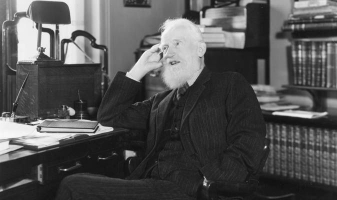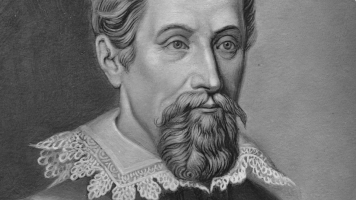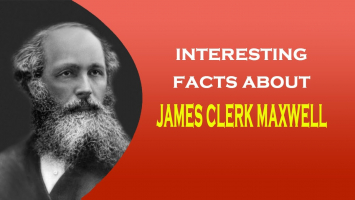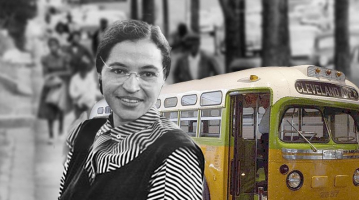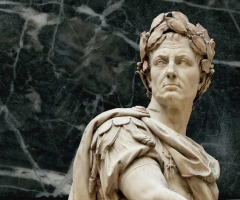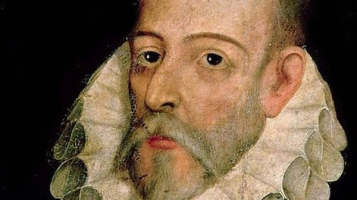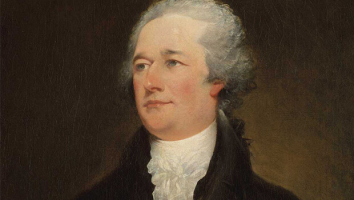Top 10 Interesting Facts about Ralph Waldo Emerson
Ralph Waldo Emerson, a writer, lecturer, poet, and Transcendentalist thinker, was born in Boston in 1803. Emerson, known as the “Sage of Concord” wrote ... read more...writings like “Self-Reliance” and “Nature” in which he articulated his ideas on individualism and the divine. He became recognized as one of the leading figures of his generation, both in his own lifetime and in the annals of history. To know more about him, let's follow Toplist to discover some interesting facts about Ralph Waldo Emerson.
-
On May 25, 1803, Emerson was born in Boston, Massachusetts. Emerson was entirely of English ancestry, and his family had been in New England since the early colonial period.
Reverend William Emerson, a well-known Bostonian, and Unitarian pastor, was Emerson's father. He didn't, however, limit his attention to issues of religion and deity. William Emerson also hosted intellectual gatherings, bringing together tolerant individuals from all backgrounds to talk about literature, science, and philosophy. Emerson was just 7 years old when his father tragically passed away in 1811 from possibly stomach cancer or TB.Emerson was raised without his father for the majority of his life, despite following in his father's footsteps and entering the ministry. Strong female thoughts and voices dominated their cosmos and served as their rulers. Emerson's mother and a number of aunts raised him. Particularly profoundly influencing him was his aunt Mary Moody Emerson. She is credited as Ralph's first and finest teacher. She stayed with the family and maintained a constant correspondence with Emerson, until her passing in 1863.
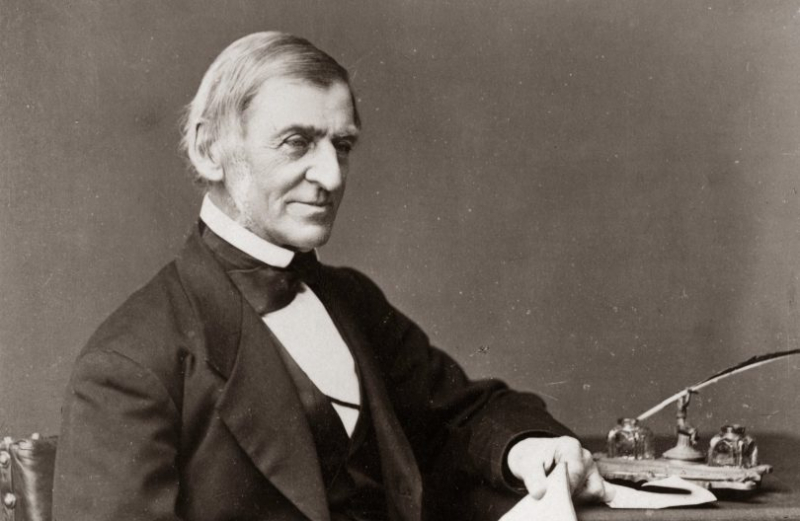
Photo: bookhunterclub 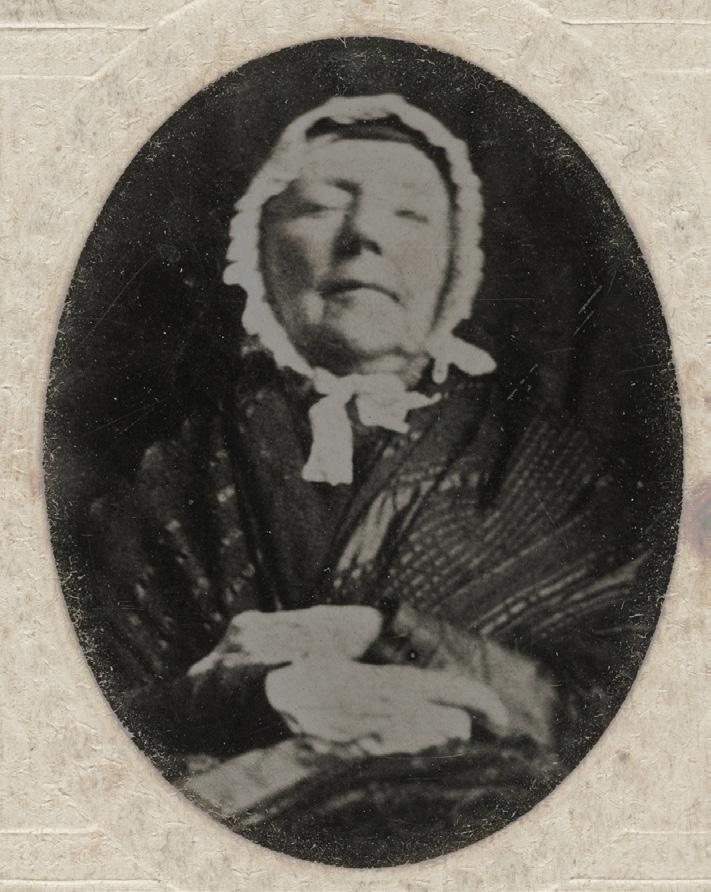
Photo: issuu -
Most of us spend our 14th year in junior high, worried constantly about getting older. However, Emerson was different. He was a boy genius. One of the interesting facts about Ralph Waldo Emerson is he started his formal education in 1812 at the age of nine at the Boston Latin School, which is currently the oldest school in the United States. In October 1817, Emerson enrolled in Harvard Divinity College. He was the youngest student in his Harvard class at the age of just 14 since his teachers supported him and noticed his brilliant mind before he joined the university. He majored in Latin, Greek, geometry, physics, history, and philosophy while attending Harvard.
Emerson, who entered Harvard College in October 1817 at the age of 14, was given the responsibility of serving as the president's freshman messenger, which required him to pick up misbehaving pupils and communicate with teachers. Midway through his junior year, Emerson started a journal in a set of notebooks he would later name “Wide World” and started maintaining a list of the books he had read. For extra money to pay for school, he worked as a server at the Junior Commons and on occasion as a teacher in Waltham, Massachusetts, alongside his uncle Samuel and aunt Sarah Ripley. Emerson made the decision to use his middle name, Waldo, by his senior year. A month before his official graduation on August 29, 1821, when he was 18 years old, Emerson served as the class poet and, as was customary, read an original poem on Harvard's Class Day. Emerson worked as a teacher at the School for Young Ladies in the early 1820s (which was run by his brother William). The following two years were spent by him writing and studying nature in a cottage in Roxbury, Massachusetts' Canterbury neighborhood. In Franklin Park in Boston, this area is now known as Schoolmaster Hill in his honor.
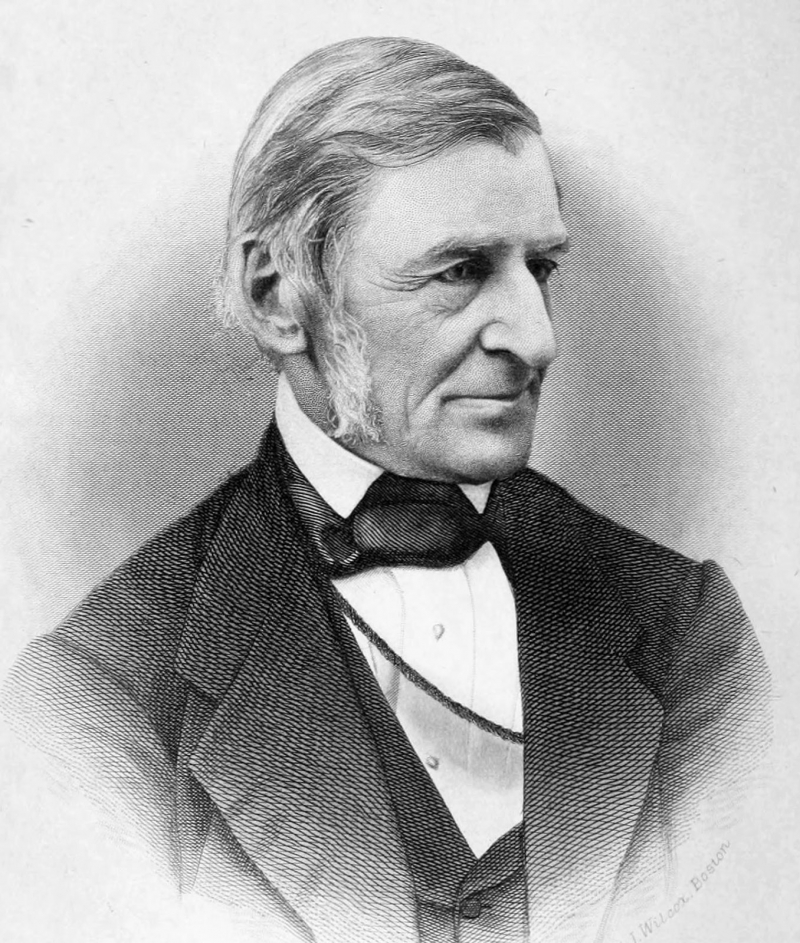
Photo: marathivishwakosh 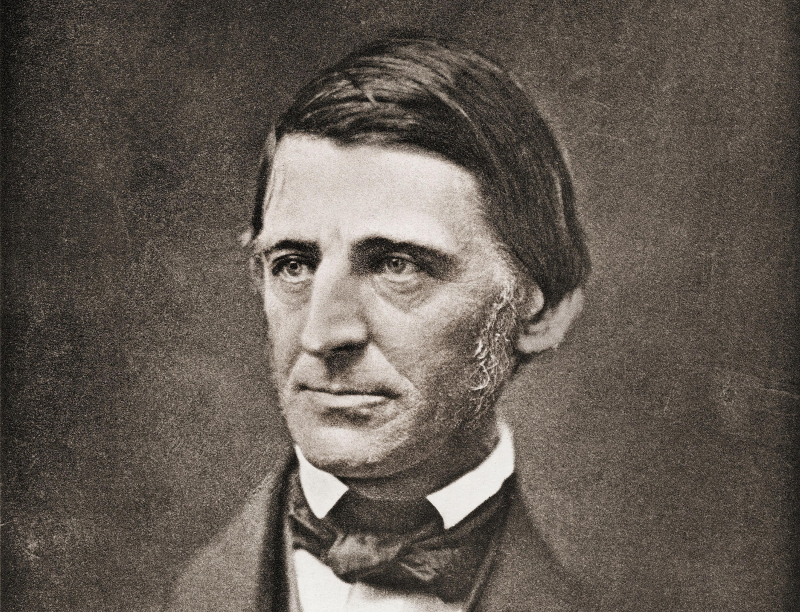
Photo: thoughtco -
Emerson left for a warmer environment in 1826 because of his ill health. He initially traveled to Charleston, South Carolina, but discovered that it was still far too chilly there. [30] He next traveled even further south to St. Augustine, Florida, where he started writing poetry and going for long walks on the beach. When he was at St. Augustine, he met Prince Achille Murat, the nephew of Napoleon Bonaparte who had fled Europe when his father was toppled and taken up residence in the United States. Murat was a writer as well. Murat, who was two years older than he was, and he grew close and liked each other's company. The two had insightful conversations about politics, philosophy, society, and religion. Murat was a key character in Emerson's intellectual development, according to him.
Emerson initially came into contact with slavery in St. Augustine. He once went to a Bible Society meeting while a slave sale was going on outside in the yard. Therefore, one ear heard the good news of great joy while the other was entertained with “Going, gentlemen, going!” he wrote.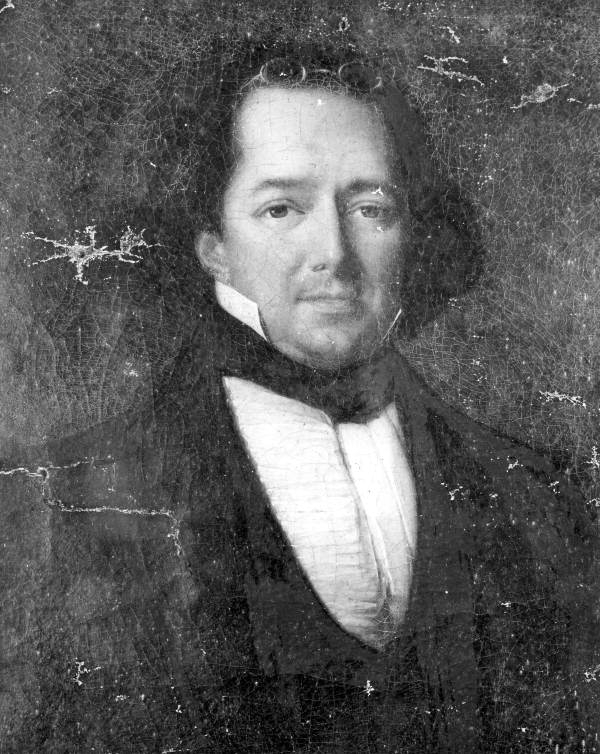
Photo: wikipedia 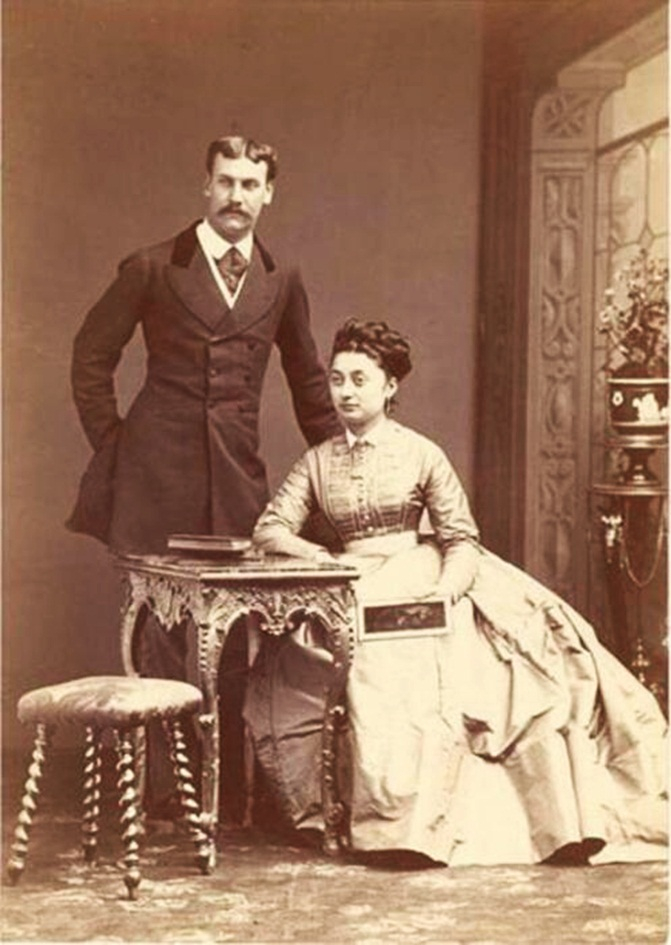
Photo: wikipedia -
In Concord, New Hampshire, on Christmas Day 1827, Emerson met Ellen Louisa Tucker, who he married two years later when she was 18 years old. Ruth, Emerson's mother, followed the couple to Boston to assist in caring for Ellen, who was already suffering from tuberculosis. After saying her final words, “I have not forgotten the calm and joy” Ellen passed away at the age of 20 on February 8, 1831. Her passing deeply touched Emerson, and he made daily trips to her cemetery in Roxbury. He recorded, “I visited Ellen's tomb & opened the coffin” in a diary entry from March 29, 1832.
He married his second wife shortly after that. Emerson proposed to Lydia Jackson in a letter on January 24, 1835. On the 28th, he received her acceptance via letter. He acquired a home, which he named Bush, on the Cambridge and Concord Turnpike in Concord, Massachusetts, in July 1835. Emerson swiftly changed the name of his wife to Lidian; he called her Asia and even Queenie, and she addressed him as Mr. Emerson. They had four children: Waldo, Ellen, Edith, and Edward Waldo Emerson. Raymond Emerson's father was Edward Waldo Emerson. Lidian suggested naming Ellen after his first wife.
Although Emerson was poor while attending Harvard, he was later able to provide for his family for the majority of his life. After the passing of his first wife, he received a sizable inheritance, however, he had to sue the Tuckers in order to claim it in 1836.
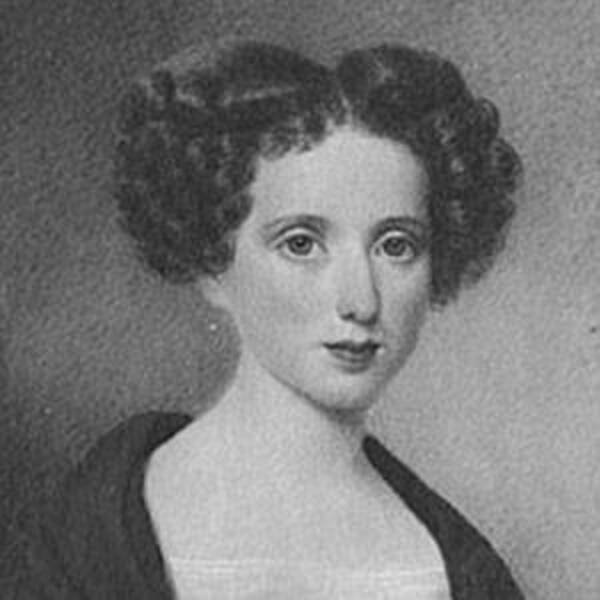
Photo: emersoncentral 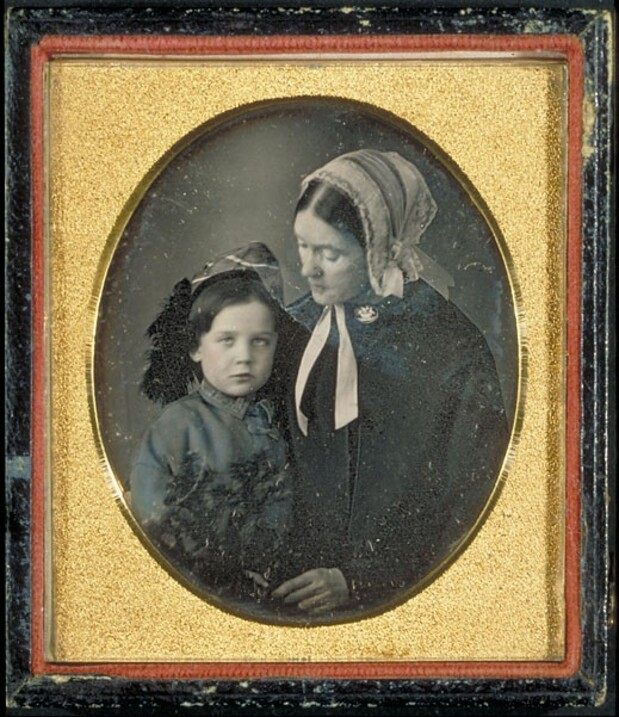
Photo: wikipedia -
American essayist, poet, and practical philosopher Henry David Thoreau is credited with providing the conservation movement with its theoretical underpinnings. When they didn't believe in the rules, he encouraged them to break them. Henry David Thoreau and Emerson became friends in 1837. Although they had probably already met, Emerson asked Thoreau if he kept a journal in the fall of 1837. Thoreau continued to draw inspiration from the query throughout his life.
Despite their fourteen-year age difference, the two brilliant brains loved intellectual sparring. 1837 saw their first encounter. Thoreau disliked higher education, although Ralph favored it. Thoreau received accommodation, financial assistance, constant encouragement to keep a journal, and an offer of property to construct a cottage on Walden Pond from Emerson. Additionally, Emerson utilized his clout to support Thoreau's writing endeavors.
Henry David Thoreau, a student of Emerson, passed away from TB on May 6, 1862, when he was 44 years old. Emerson spoke during the eulogy. Despite a falling out that started in 1849 when Thoreau released A Week on the Concord and Merrimack Rivers, he frequently referred to Thoreau as his best friend.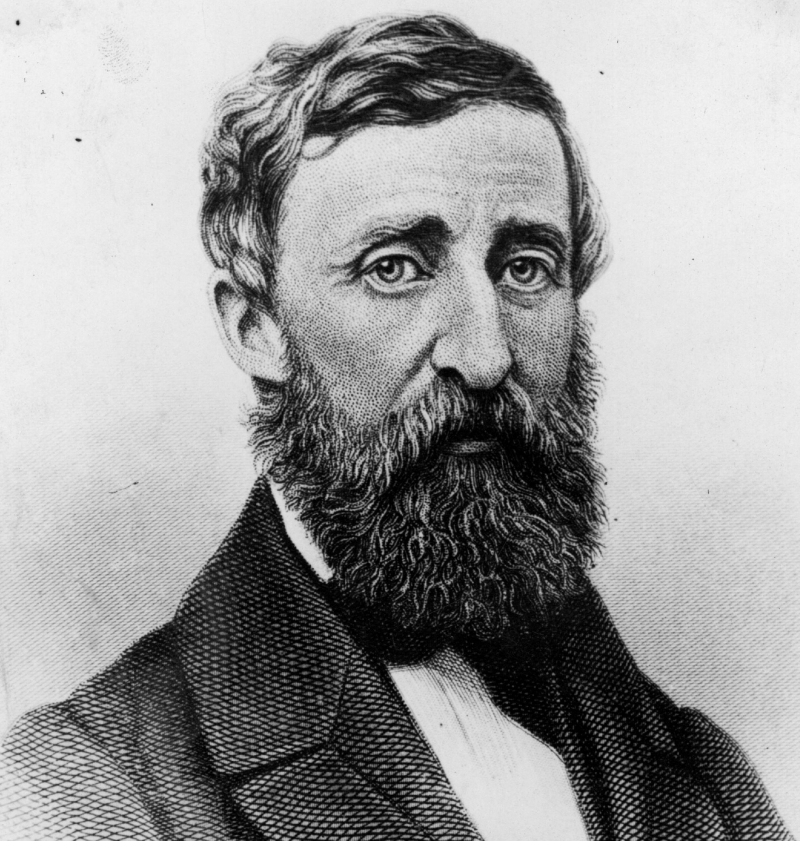
Photo: triethocduongpho 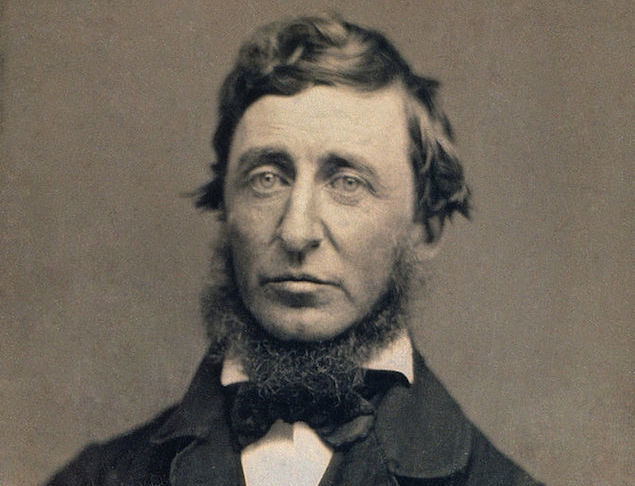
Photo: spiderum -
Following the American Revolutionary War, Ralph Waldo first learned about the Indonesian-Chinese commerce. As a young lad in Boston, he enjoyed watching the harbor, and this business was common on the docks. While attending Harvard, he continued to study the Middle East and Asia. He researched the characteristics of Middle Eastern and Asian civilizations there. Ralph was so enamored of Asian philosophy and culture that he even referred to it as his second wife.
At Harvard, he continued to invest in and study Asia and the Middle East, which had an impact on his writing, ideologies, and outlook on life. He used the texts from India, Persia, and China to further his newfound way of thinking and believing as he started to lecture on the subject of transcendentalism. He then shared these ideas in his lectures and in The Dial through "Ethnical Scriptures," demonstrating to the world that philosophies of truth were shared by all cultures.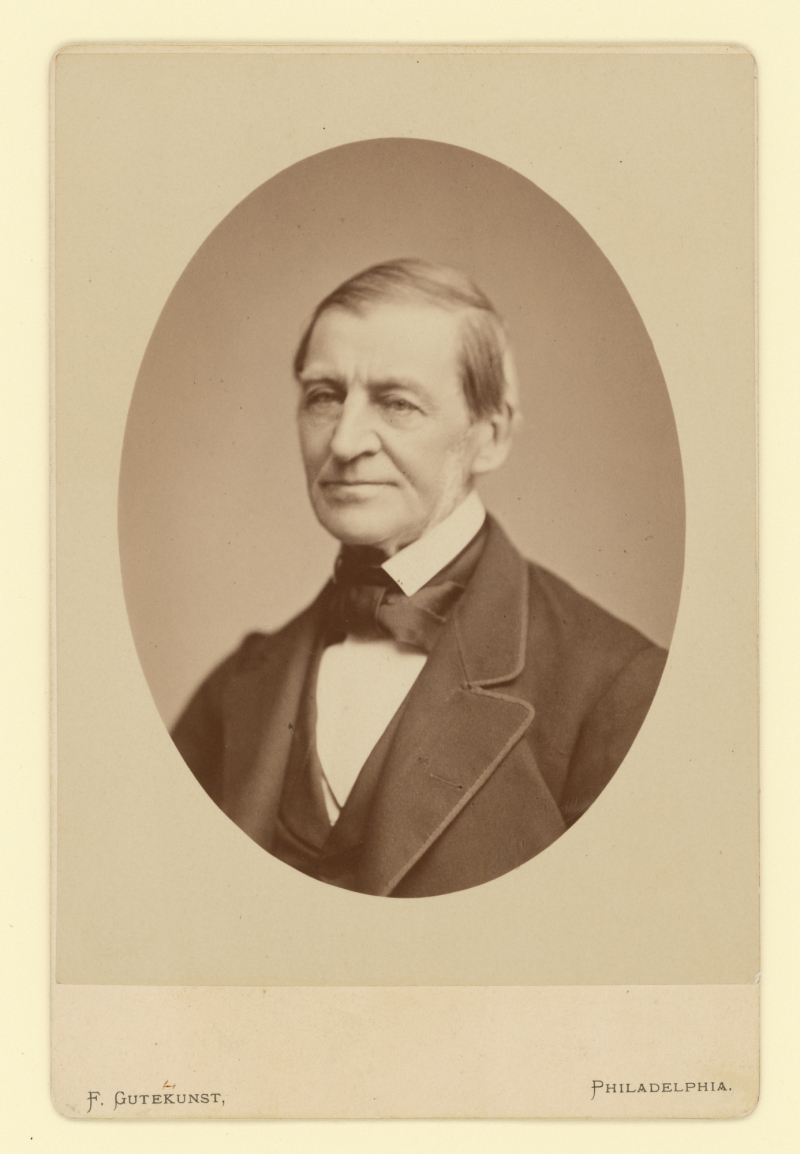
Photo: npg.si.edu 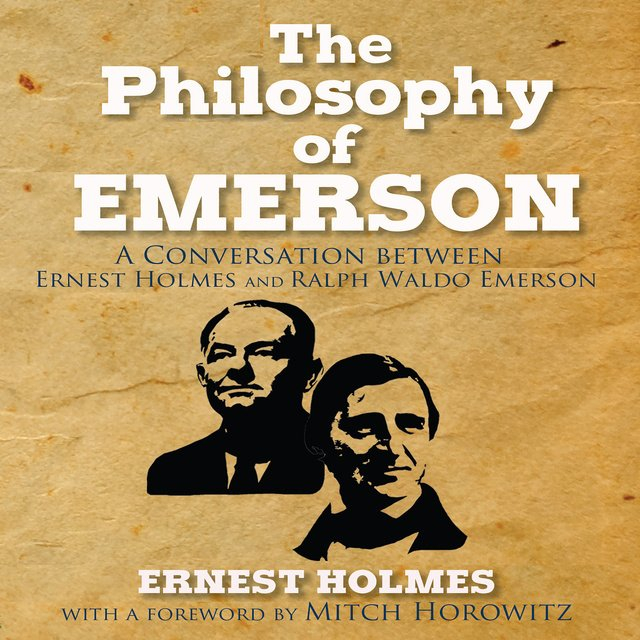
Photo: storytel -
Emerson began lecturing often in 1833, converting his passion for writing into a business. He spoke to audiences while traveling throughout New England, reading aloud from his articles and discussing his travels, views on nature, and the place of religion. One of the interesting facts about Ralph Waldo Emerson is he gave his first of perhaps 1,500 lectures, titled “The Uses of Natural History” in Boston on November 5, 1833. This was a more thorough account of his time in Paris. He outlined some of his core principles and the concepts he would later explore in his first published essay, “Nature” in this lecture.
Emerson delivered one of his most well-known speeches in 1838 at the Harvard Divinity School's commencement ceremony for graduating students. He emphasized his Transcendentalist beliefs of personal power above religious doctrine in his “Divinity School Address” which was radical and divisive at the time. He also made the erroneous claim that Jesus Christ was not God. The elite and the wider Protestant community were offended by his remarks. He was accused of being an atheist and of corrupting the brains of young men. Despite the clamor of criticism, he didn't respond, giving others a chance to defend themselves. For another thirty years, he was not invited back to Harvard to deliver a speech.
He used his own funds to rent a space and publicize his speaking engagement in towns like Boston. Emerson organized some of his lectures into series, addressing the same subject at various gatherings. The “Sage of Concord” was able to sustain his family and acquire land because of his talks, which resulted in strong ticket sales.
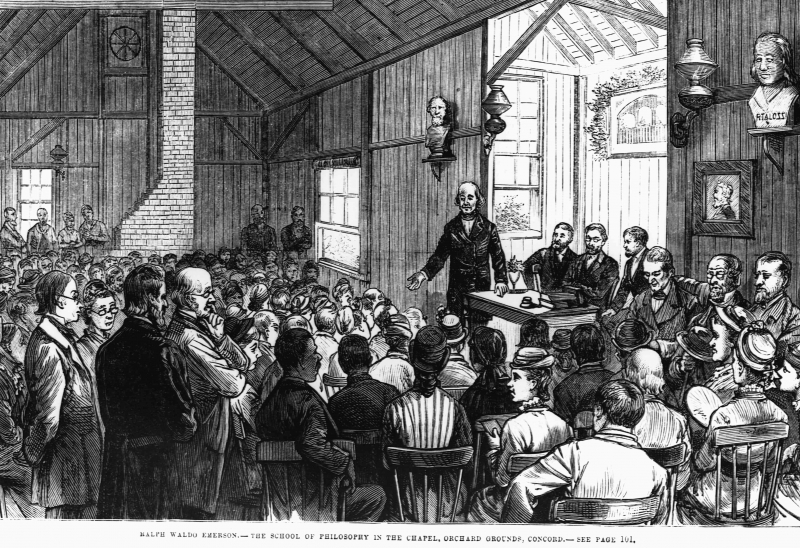
Photo: thoughtco 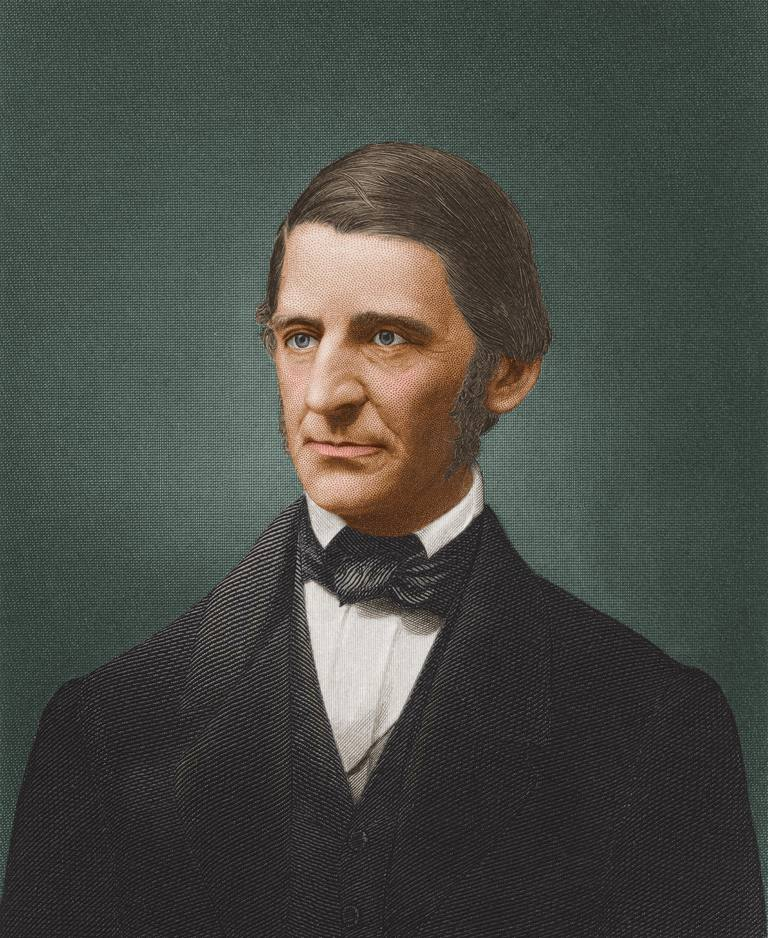
Photo: blendspace -
Emerson was adamantly opposed to slavery, yet he resented being in the spotlight and was wary of giving speeches on the matter. He did, however, provide a number of lectures in the years preceding the Civil War, starting in November 1837. At first, he was less vocal about abolition than some of his friends and family members, but starting in 1844, he became more hostile to slavery. When John Brown visited Concord, he delivered a series of speeches and lectures and invited Brown to stay at his house. He supported Abraham Lincoln in the 1860 election, but was dissatisfied because Lincoln was more focused on keeping the Union than completely abolishing slavery. Emerson made it clear that he supported the quick emancipation of the slaves once the American Civil War started.
Emerson was summoned to the White House to see Lincoln in 1862 after delivering a speech opposing slavery in Washington, D.C. Lincoln had already seen Emerson give a speech, so he was familiar with his writings. After this meeting, Emerson's reservations about Lincoln started to fade. Lincoln “impressed me more favorably than I had imagined” according to Emerson, who lauded the president's charisma and storytelling skills. “When he has made his statement, he looks up at you with a great satisfaction, and reveals all his white teeth, and laughs”, Emerson wrote. Lincoln was described by Emerson as an honest, well-intentioned, pleasant, and articulate man.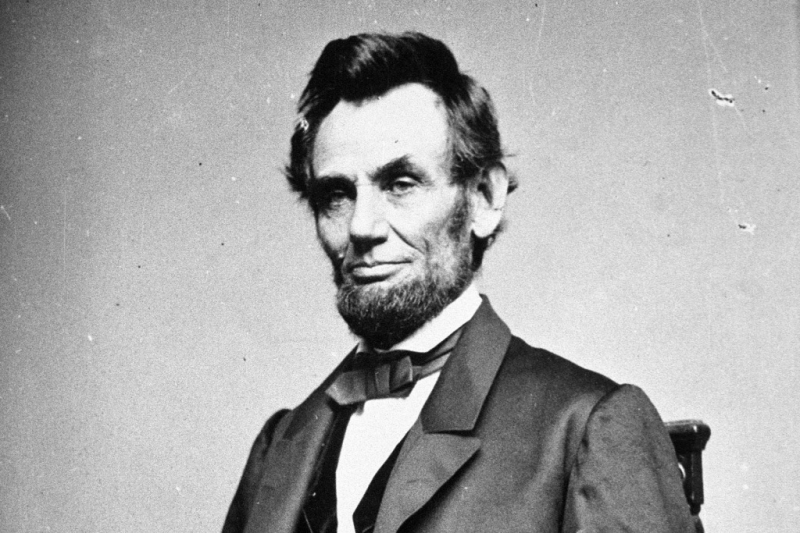
Photo: vnexpress 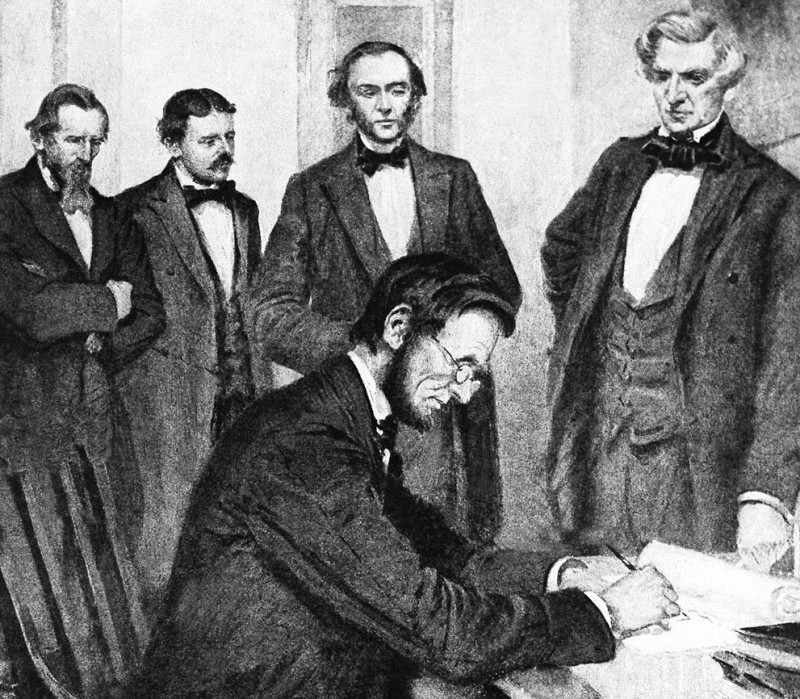
Photo: govbooktalk -
Emerson's health started to deteriorate in 1867, and his diary entries decreased significantly. He began to have memory issues and suffered from aphasia as early as the summer of 1871 or the spring of 1872. Most historians believe Emerson had Alzheimer's disease based on his symptoms. By the decade's conclusion, he occasionally forgot his own identity and would reply, “Quite well; I have lost my mental faculties, but am perfectly well” when people inquired how they were. Emerson apparently maintained a good outlook despite losing his memory of his own identity and the names of his pals (much as his first wife did while she was dying of tuberculosis).
Emerson stopped making public appearances by 1879 because his memory issues had grown humiliating. He replied, “I am not in a condition to pay visits or take any part in the talk”, to an invitation to Octavius B. Frothingham's retirement party. In the past year, old age has crept up on me, tying my tongue and obscuring my memory, making it my obligation to stay at home. The New York Times cited his response and mentioned that at the celebration, his regrets were read aloud.
Emerson was diagnosed with pneumonia on April 21, 1882. In six days, he passed away. Emerson is interred in Concord, Massachusetts' Sleepy Hollow Cemetery. He was placed in his coffin wearing a white robe given by the American sculptor Daniel Chester French.
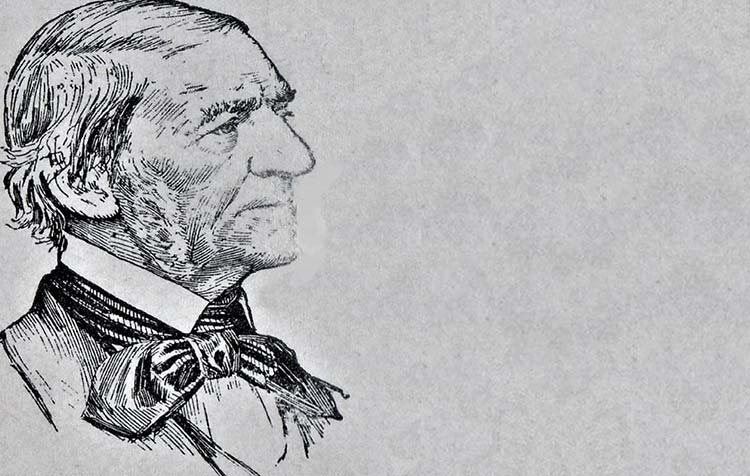
Photo: careelite 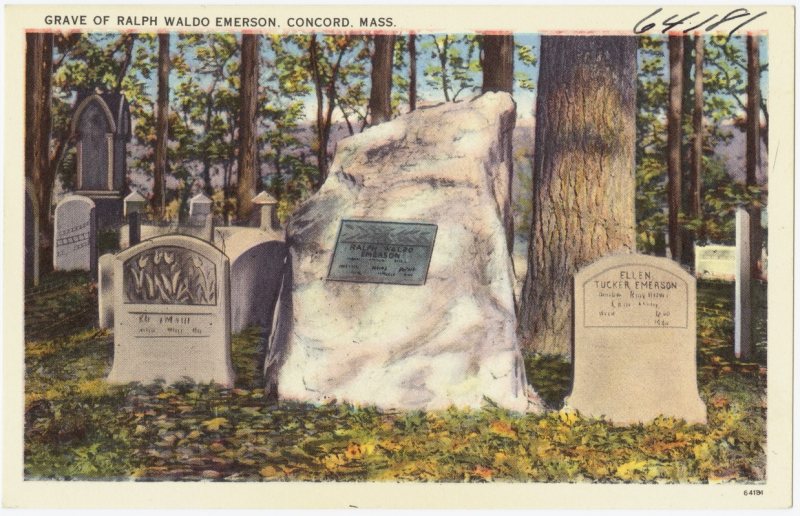
Photo: digitalcommonwealth -
Walt Whitman was motivated after reading one of Emerson's poems. He mailed a copy of Leaves of Grass to Emerson after self-publishing it in 1855. Unknown poet's controversial book of poetry received unfavorable reviews; it was frequently referred to as filthy and obscene, and one reviewer termed it “a mess of idiotic trash”. Poor sales were made. Emerson, who had read the book, praised Whitman in a letter, calling it “the most extraordinary piece of wit and insight that America has yet offered” and a “great gift”.
The first printing of Leaves of Grass generated a great deal of attention because of Emerson's endorsement. Whitman was inspired by Emerson to produce a second edition of Leaves of Grass. Whitman did, however, put Emerson's words in a newspaper article and on the book's spine, with the lines “I Greet You at the Beginning of a Great Career”. Emerson apparently felt shocked and irritated when his private letter was published without his consent, and he stopped talking about Whitman after that.
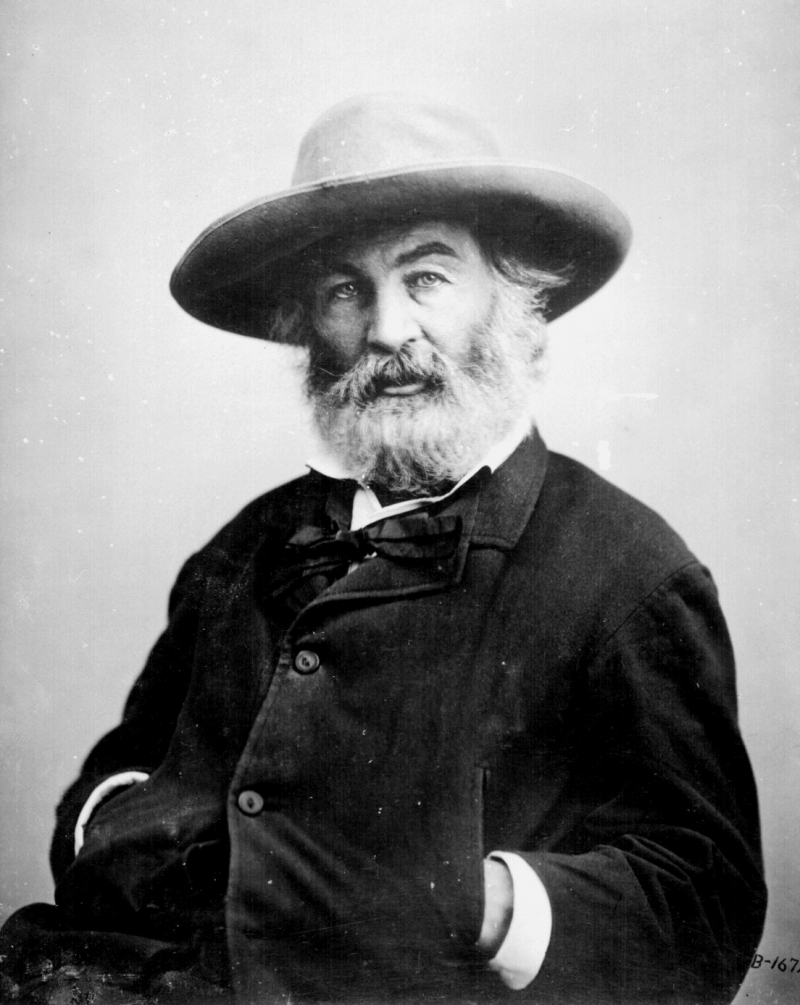
Photo: wikipedia 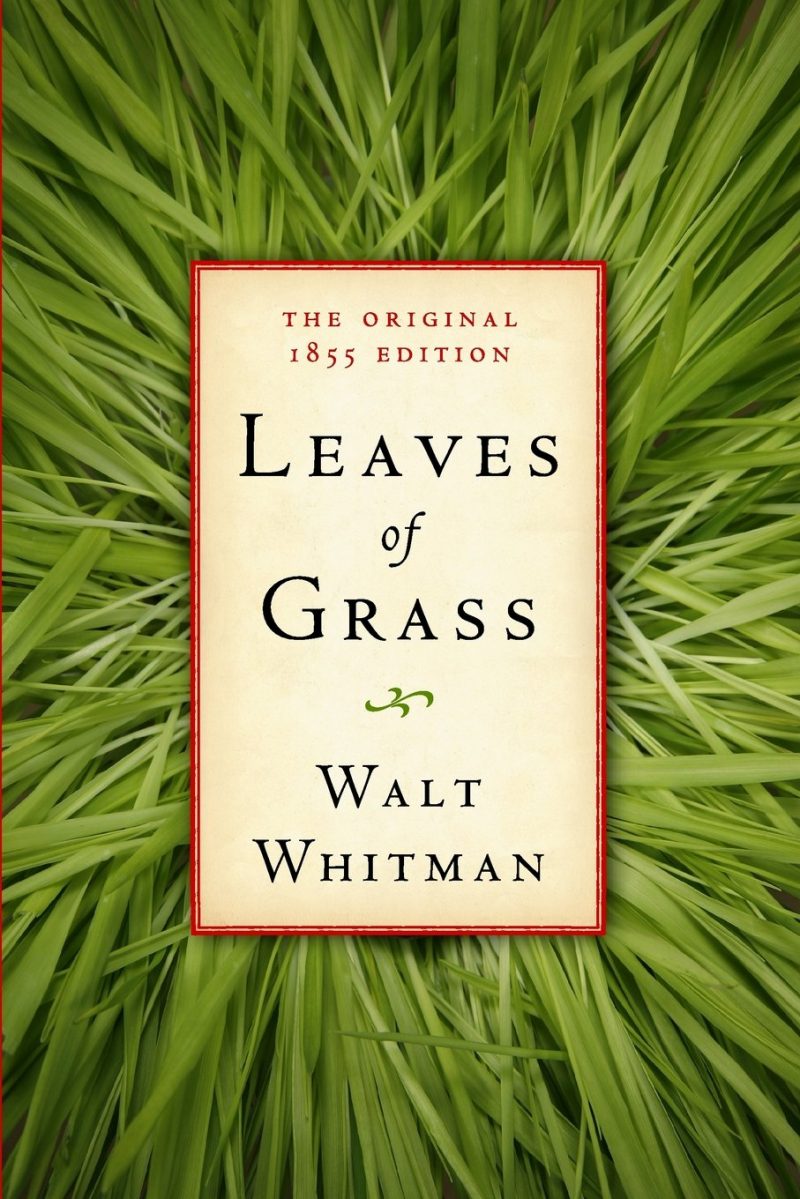
Photo: Leaves of Grass
























